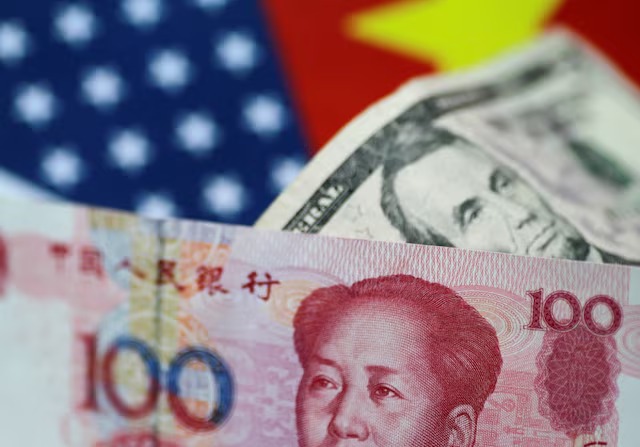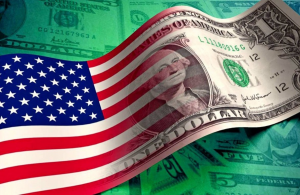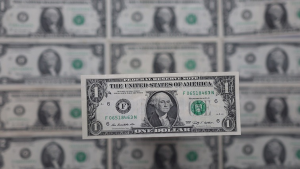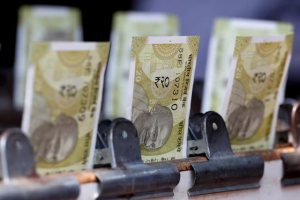Bullish bets firmed up on most Asian currencies as the lack of clarity on a U.S.-China trade agreement kept the dollar on the back foot, a Reuters poll showed on Thursday. Long positions in the Taiwan dollar touched their highest since December 2020, while bullish bets on the South Korean won were the strongest in nearly two-and-a-half years, according to the poll of 10 respondents. The Reuters Daily Briefing newsletter provides all the news you need to start your day. Sign up here. Bullish bets on the Chinese yuan too edged up and were at their highest since October. Advertisement · Scroll to continue
Report This Ad Markets were focused all week on trade negotiations between delegates from the U.S. and China, which culminated in a framework agreement that covered tariff rates, secured the removal of Chinese export restrictions on rare earth minerals, and allowed Chinese students to access U.S. universities. While the agreement restored a delicate truce between the sparring countries, it left markets yearning for details on how the deals would be implemented. The dollar index has weakened more than 9% this year and is expected to decline further in the coming months, benefiting Asian currencies. "In an environment where we are looking for the U.S. economy to slow, the Fed to cut and a Trump administration pursuing various protectionist measures, cyclical factors and structural factors are aligned to keep the USD on a downtrend," said Fiona Lim, senior FX strategist at Maybank. Advertisement · Scroll to continue
Report This Ad The South Korean won has risen more than 8%, rallying sharply after the election of liberal party candidate Lee Jae-myung as president earlier this month. Lee took office after riding a wave of anger over a brief martial law imposed by his predecessor and on promises of devising an emergency package to address stagnating economic growth and aid households. Long positions in the Taiwan dollar spiked, with much of the currency's 10% surge this year coming in last month. The currency carried its positive momentum into June from May, when it had appreciated more than 6% on speculation that the island nation would allow appreciation of the currency to smooth trade relations with Washington - a notion that Taiwanese authorities had vigorously denied. On the other hand, poll participants were less upbeat about the Singapore dollar and the Philippine peso where long positions were trimmed slightly.
The trend flipped only for the Indian rupee with bets turning marginally bearish for the first time in two months after the country's central bank delivered a larger than expected 50-basis-point cut on Friday. The Asian currency positioning poll is focused on what analysts and fund managers believe are the current market positions in nine Asian emerging market currencies: the Chinese yuan, South Korean won, Singapore dollar, Indonesian rupiah, Taiwan dollar, Indian rupee, Philippine peso, Malaysian ringgit and the Thai baht. The poll uses estimates of net long or short positions on a scale of minus 3 to plus 3. A score of plus 3 indicates the market is significantly long U.S. dollars. The figures include positions held through non-deliverable forwards (NDFs).












